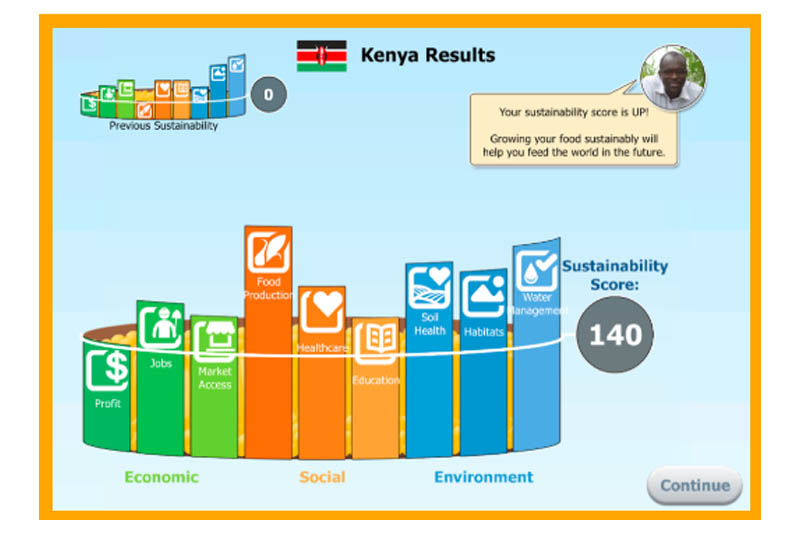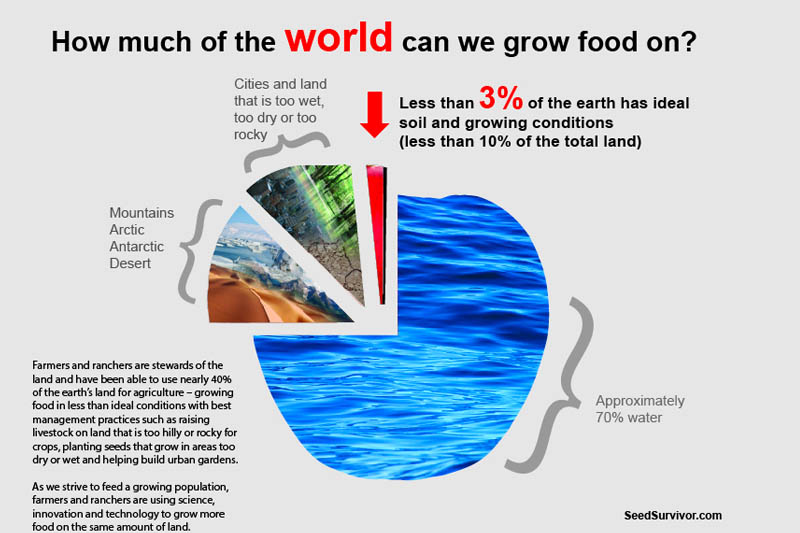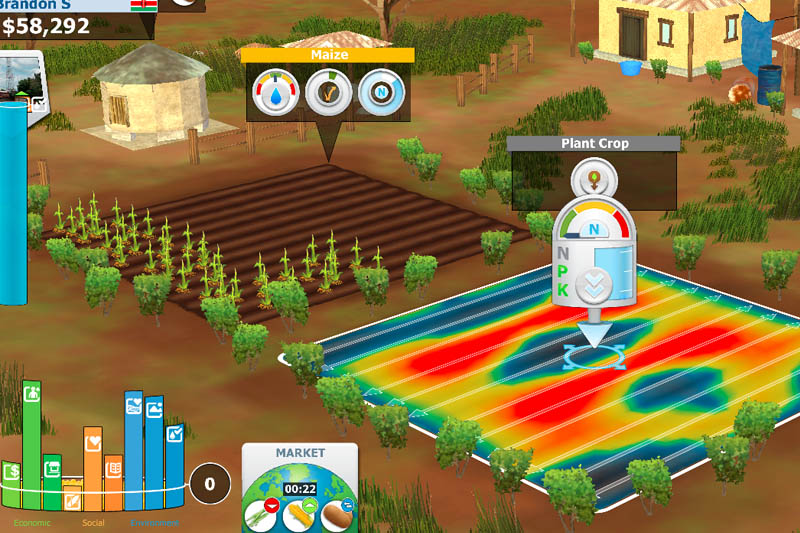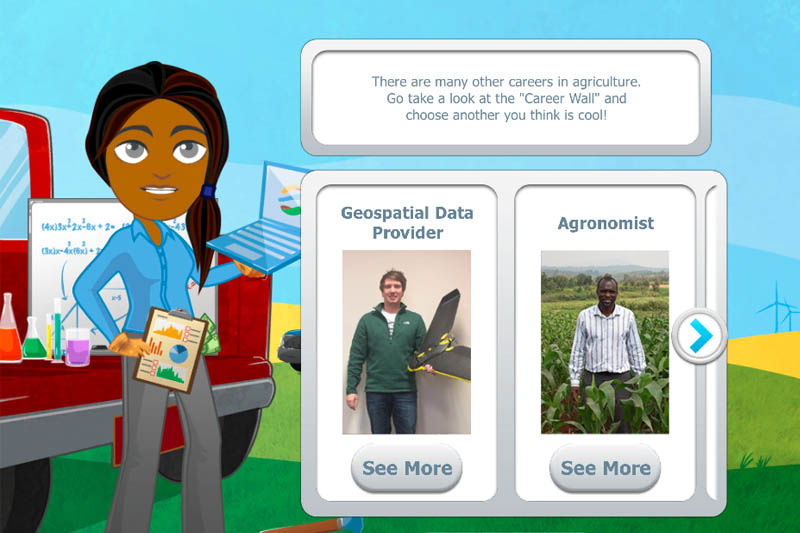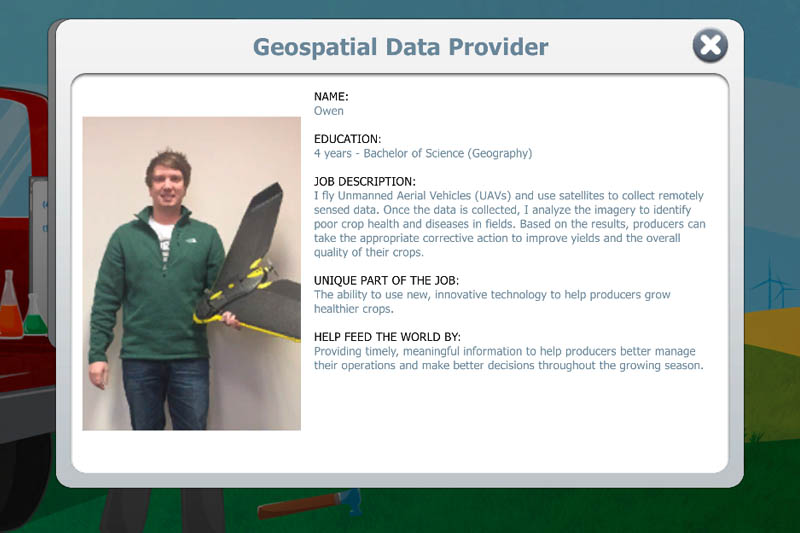Recently Academy Middle School students explored an important question facing our world: How will we feed a population of 10 Billion people, with less farmland than today, by the year 2050?
To answer this question, Grade 7 and 8 students brainstormed the factors that influence farming from increasing profits, to the types of machinery available, to the quality of soil, to the conditions of the climate. They then discussed what impacts farming has on the environment, communities, supply chains to cities, and our health.
As city-dwellers, the complicated lives and concerns of farmers around the world has been a distant thought, but the question of how to feed the world as populations grow will be important to everyone in the next 30 years.
To explore this question further, we journeyed through the next 30 years of farming in the online Farm Simulation Journey 2050
The simulation puts students in control of farms in Canada, India, and Kenya, with the ability to make decisions around watering fields, expanding into more farmland, developing fertilizers, infesting in new and innovative equipment, funding public programming, and helping to develop more sustainable communities. Each player’s choices impact sustainability factors from Water Protection and Habitat Preservation, to Job Creation and Health Promotion. The goal is to achieve the greatest level of sustainability that balances the needs of our planet, the economy, food production, and community development.
The game is challenging, informative and fun, and has given deeper insights into the challenges that will face our world, and food producers over the next three decades. As young people with bright ideas, the Academy Middle School Geography students will play a role in how food security develops between now and 2050. The game also includes a level where questions about skills, and interests lead to connections to and information about careers, and future opportunities. Students are matched with potential careers that could help them to build new understandings, innovations, and policies around future food security for a more sustainable world.

